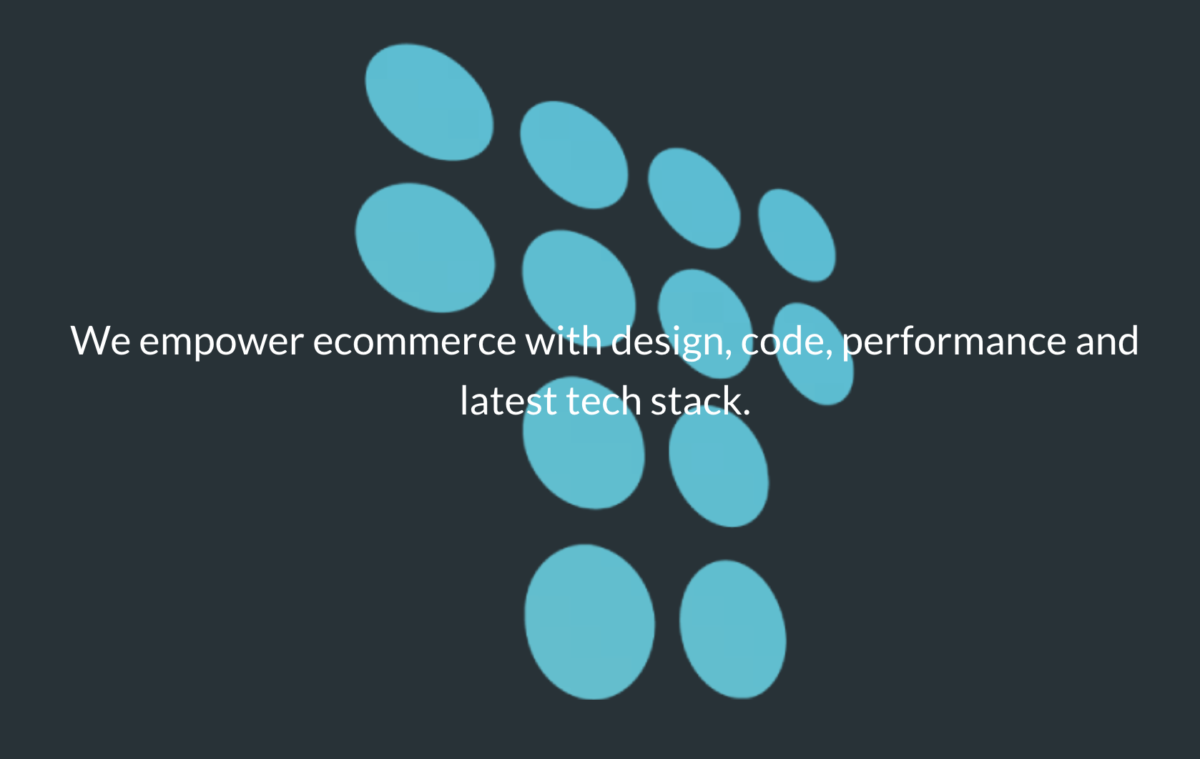
Magento vs. Custom Ecommerce: How to Choose the Right Solution for Your Business
When it comes to ecommerce, businesses have two main options: using a popular platform like Magento or building a custom solution. While both options have their advantages, choosing the right solution can be a challenging task. In this blog post, we’ll explore the differences between Magento and custom ecommerce and help you make the right choice for your business.
What is Magento?
Magento is one of the most popular ecommerce platforms in the market. It is known for its flexibility, scalability, and powerful features. Magento offers two editions: Magento Open Source (formerly Community Edition) and Magento Commerce (formerly Enterprise Edition). Both editions offer a range of features and functionality, including customizable themes, extensions, and plugins.
What is Custom Ecommerce?
Custom ecommerce refers to building an ecommerce website from scratch using a custom solution. This approach involves developing a backend and frontend from scratch, which can be tailored to meet the specific needs of a business. Custom ecommerce can offer more flexibility, control, and unique features that may not be available with a pre-built platform like Magento.
Choosing Between Magento and Custom Ecommerce
When it comes to choosing between Magento and custom ecommerce, there are several factors to consider. Here are some key points to keep in mind:
- Budget: Custom ecommerce can be more expensive than using a platform like Magento. Building a custom solution requires significant development resources, which can add up quickly. On the other hand, Magento offers a range of pricing options, including a free community edition, which can be a more affordable option for small businesses.
- Time to market: Building a custom ecommerce website can take longer than using a pre-built platform like Magento. If time to market is a critical factor, using Magento can be a faster option.
- Scalability: Magento is a highly scalable platform that can handle large volumes of traffic and transactions. Custom ecommerce solutions can be tailored to meet specific scalability needs but may require more development resources.
- Flexibility: Custom ecommerce solutions offer more flexibility in terms of features and functionality, as they can be tailored to meet specific business needs. Magento, on the other hand, offers a range of customizable themes, extensions, and plugins that can be used to add additional features and functionality to a website.
- Support: Magento offers support options for both editions, including community support, paid support, and an enterprise-level support package. Custom ecommerce solutions may require additional resources for ongoing support and maintenance.
If you’re looking for a partner to help you choose between Magento and custom ecommerce, TechSevin can help. TechSevin is a leading ecommerce development company that offers Custom ecommerce solutions, as well as Magento development services. With TechSevin, you can rest assured that you will get a solution that is tailored to your business needs, scalable, and offers top-notch support.
Techsevin is also Adobe Solution Partner, Salesforce Commerce Partners and Shopify Partners. So you can get all ecommerce solution under one roof.
Conclusion
Choosing between Magento and custom ecommerce requires careful consideration of several factors, including budget, time to market, scalability, flexibility, and support. While Magento offers a range of features and pricing options, custom ecommerce can offer more flexibility and unique features that may not be available with a pre-built platform. By partnering with a company like TechSevin, you can get the best of both worlds: a custom solution that is tailored to your business needs, scalable, and well-supported.